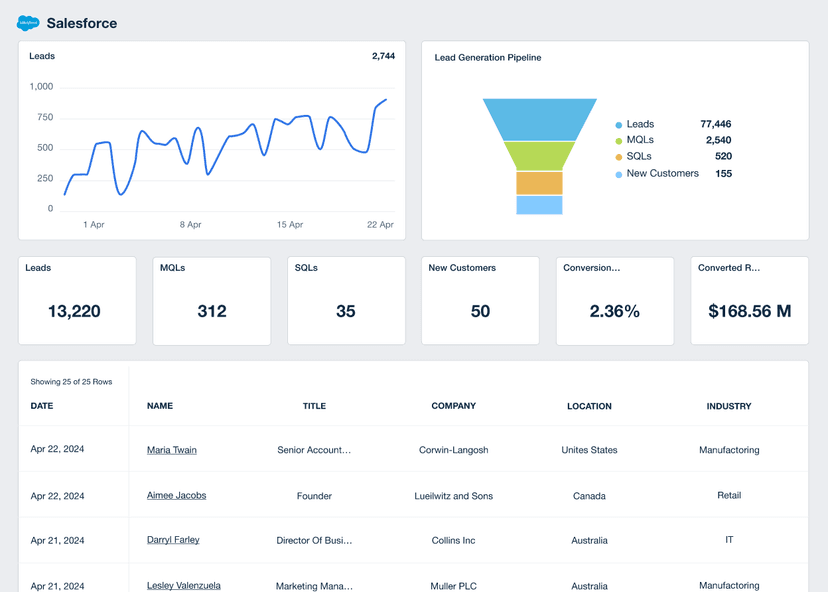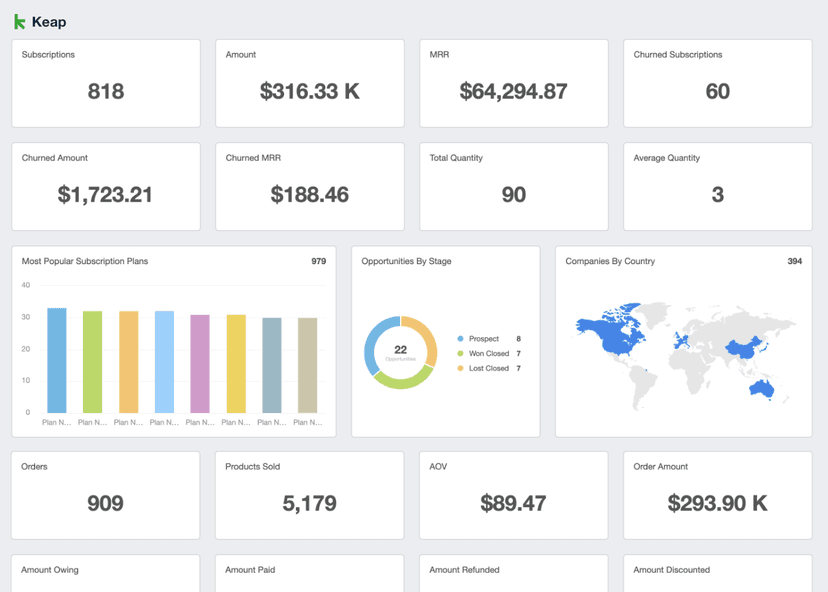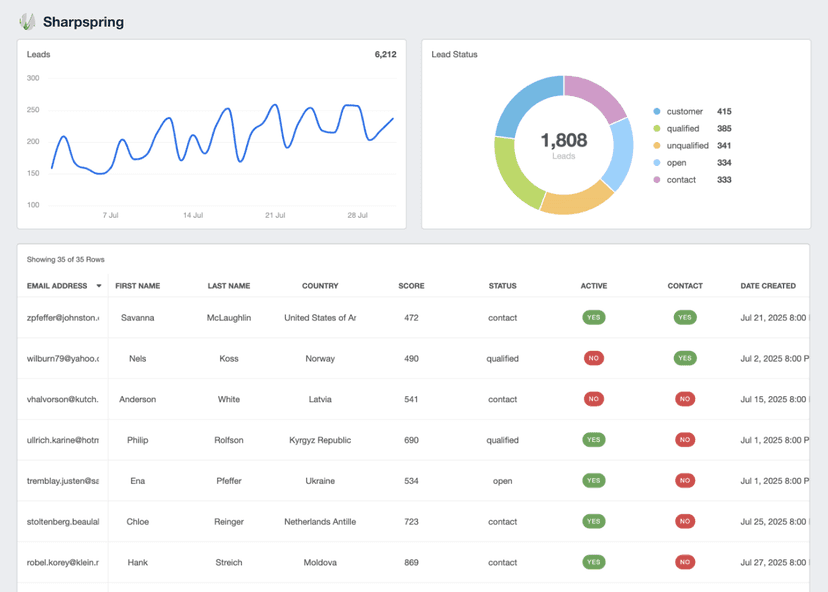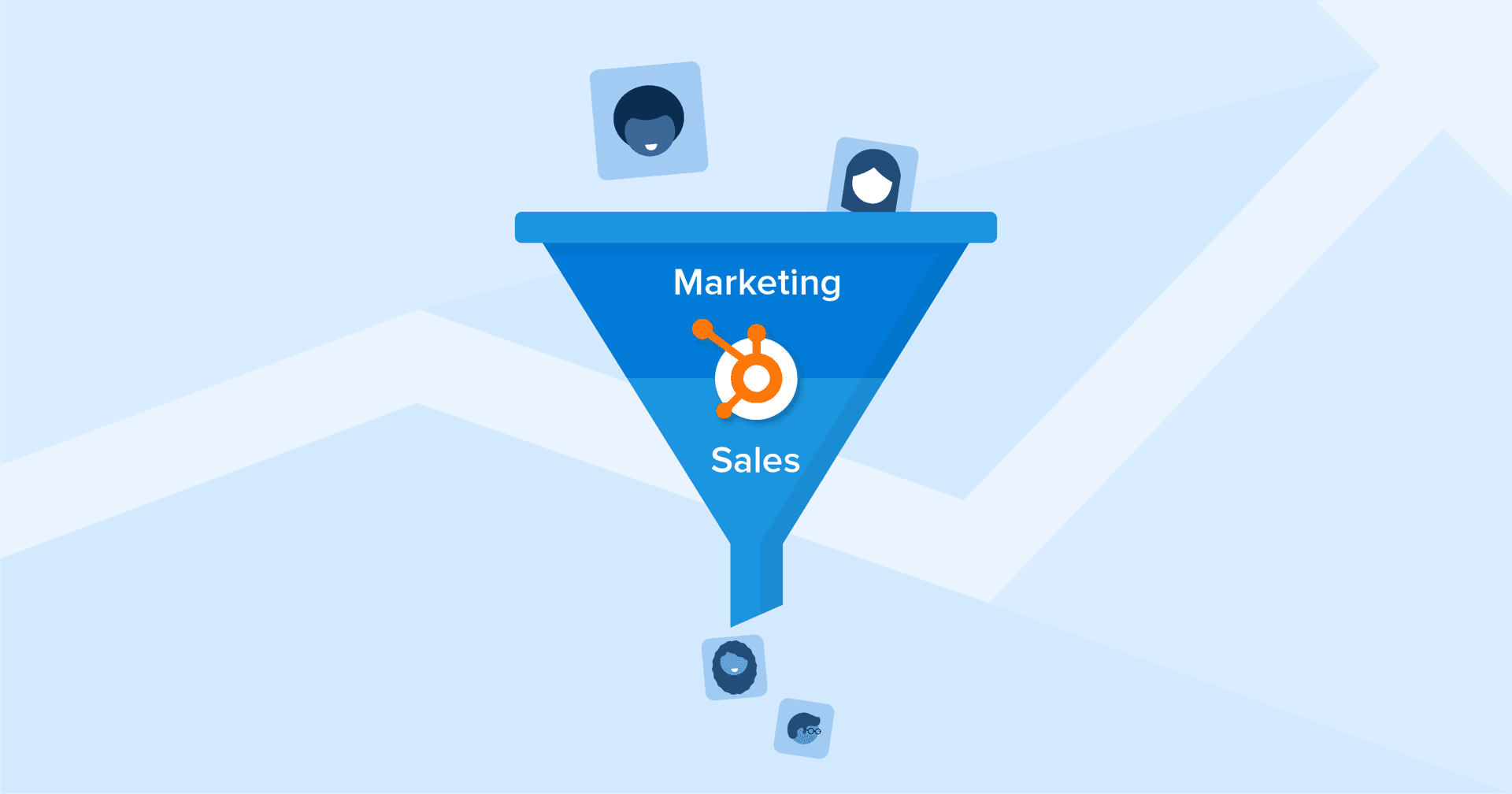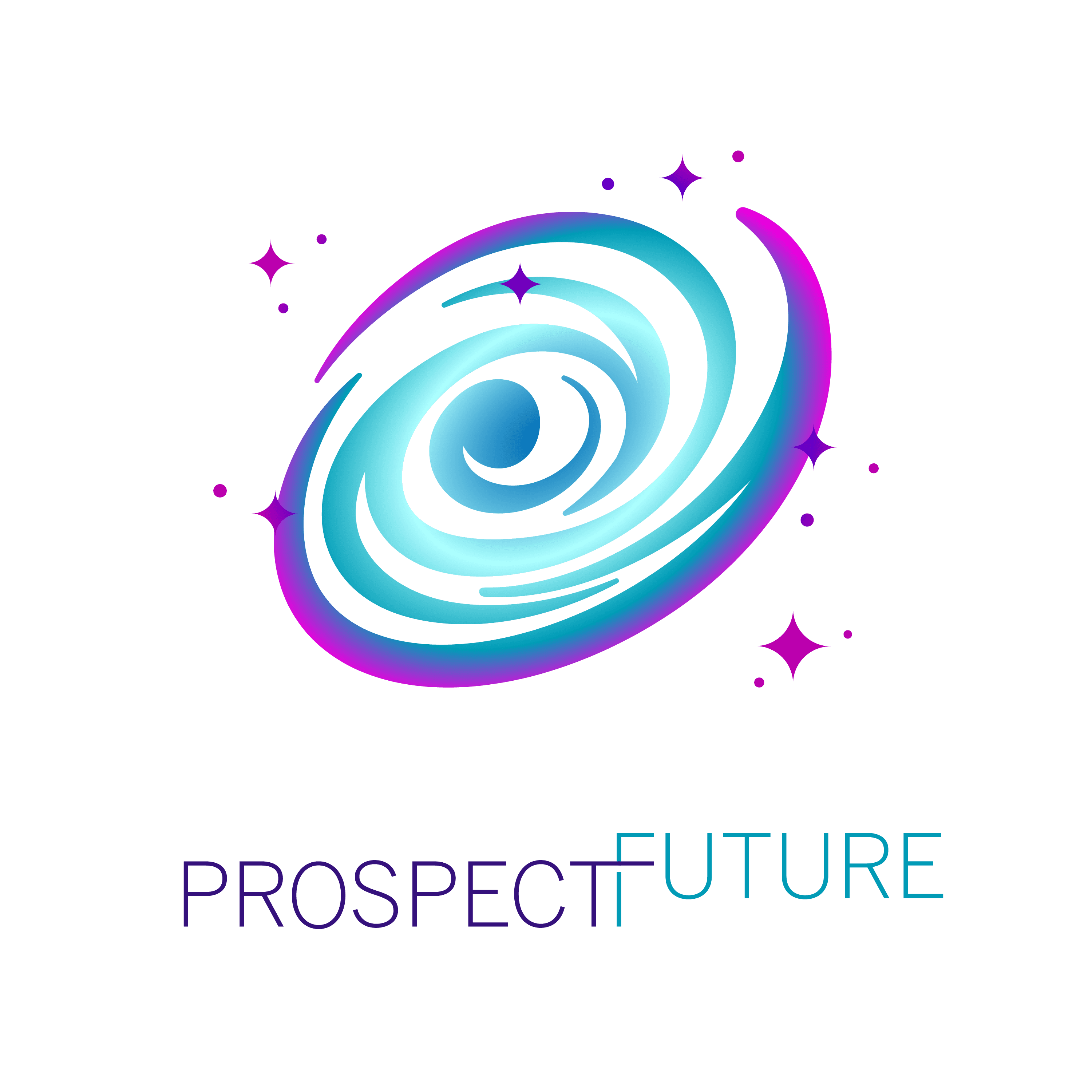Sales Qualified Lead (SQL)
Sales Focus
SQLs pinpoint prospects that are high-conversion targets.
Client Reports
SQL metrics validate a campaign's value and potential for revenue generation.
Cohort Tuning
SQL segmentation refines who the target is for future campaigns.
Budgeting
Direct funds toward generating SQLs for a better ROI.
Why Sales Qualified Leads (SQLs) Matter
Sales Qualified Leads are pivotal in the sales process, bridging the gap between initial interest and purchase. This narrows the focus for sales and marketing teams, enabling them to use their resources more effectively.
Lead scoring systems play a vital role in the sales process, as they help distinguish a Sales Qualified Lead (and, therefore, a more likely prospective customer). Knowing who is an SQL allows for more targeted engagement strategies, making the entire sales cycle more efficient and likely to result in a conversion.
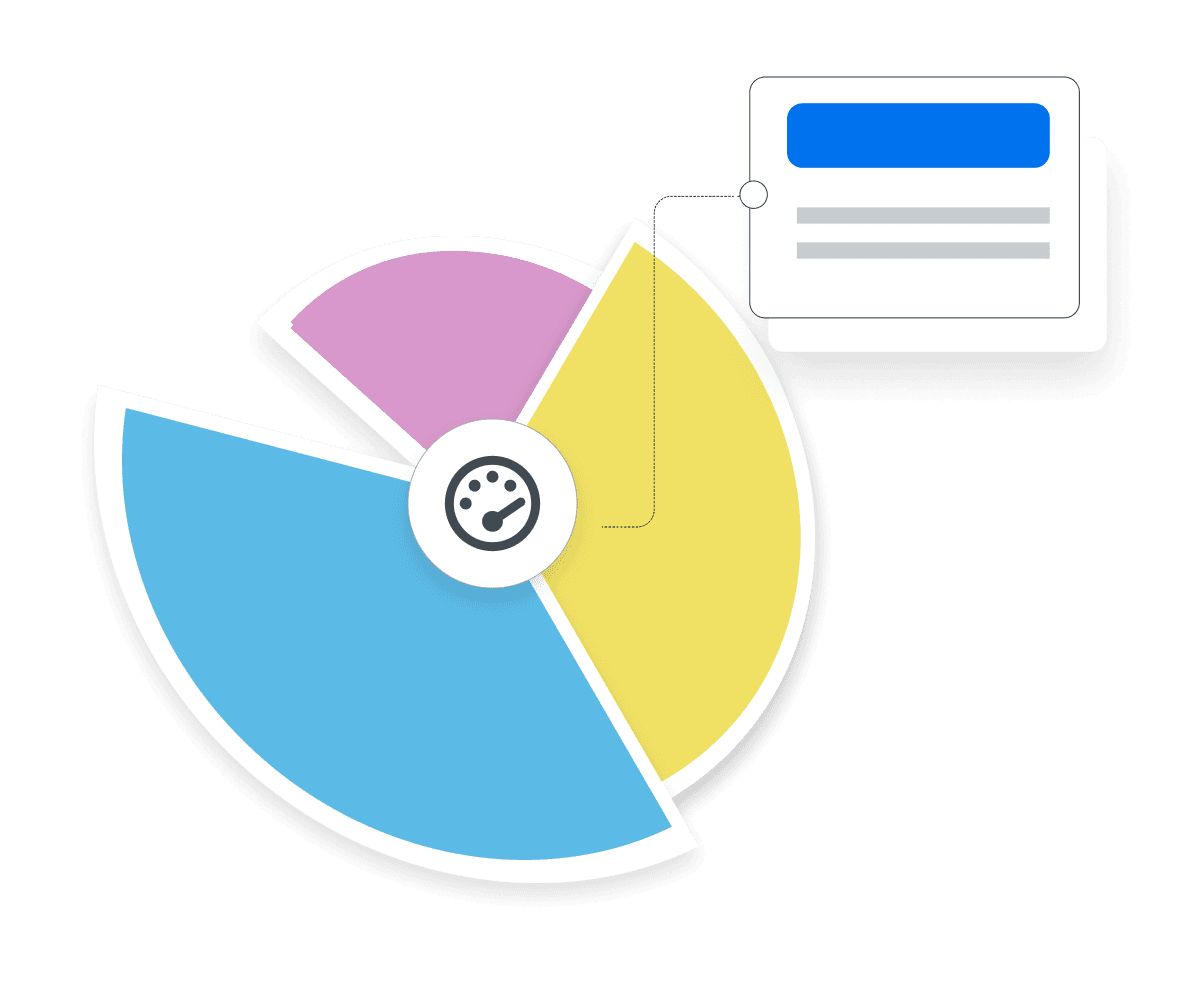
Stop Wasting Time on Reports. Get Marketing Insights Faster & Drive Results.
The Synergy of SQLs with Other KPIs
SQLs are influenced by and influence other crucial sales metrics. Total leads, for instance, offer a broad view of campaign reach, but the transition from a Marketing Qualified Lead (MQL) to an SQL indicates how effective the sales pipeline is.
A healthy number of SQLs suggests that a substantial percentage of MQLs are maturing into potential customers, adding nuance and depth to the total leads figure.
Additionally, Cost per Lead and Lead Conversion Rates gain sharper focus when considering SQLs. Lowering the Cost per Lead while increasing the number of SQLs signifies a campaign's efficiency. The Conversion Rate from SQL to an actual sale becomes the finishing touch, validating the entire operation.
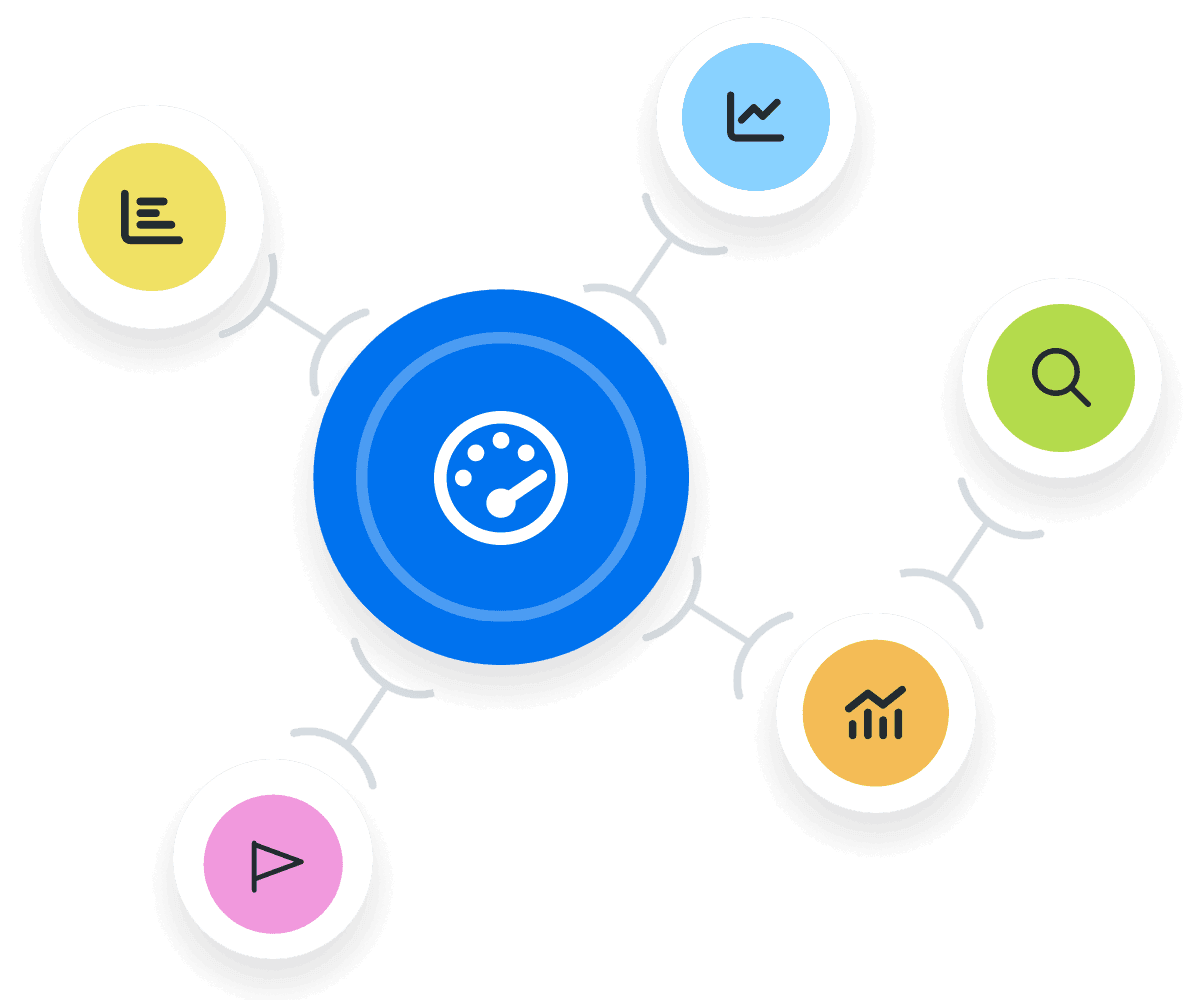
Stages of Lead Qualification
In the context of sales and marketing, leads are commonly categorized into stages to optimize the conversion journey. The journey starts with a Lead, where a potential customer who has shown some level of interest in a company's products or services.
A Marketing Qualified Lead (MQL) is identified by marketing teams, typically using engagement or lead scoring metrics. This signals to the marketing team that the individual has shown enough engagement and interest to warrant targeted marketing efforts.
In contrast, a Sales Qualified Lead (SQL) is designated by sales professionals as ready for direct engagement, often based on detailed behavioral data. This emphasis enables more efficient sales team resource allocation and targeted efforts, improving the transition from initial interest to closed sale.
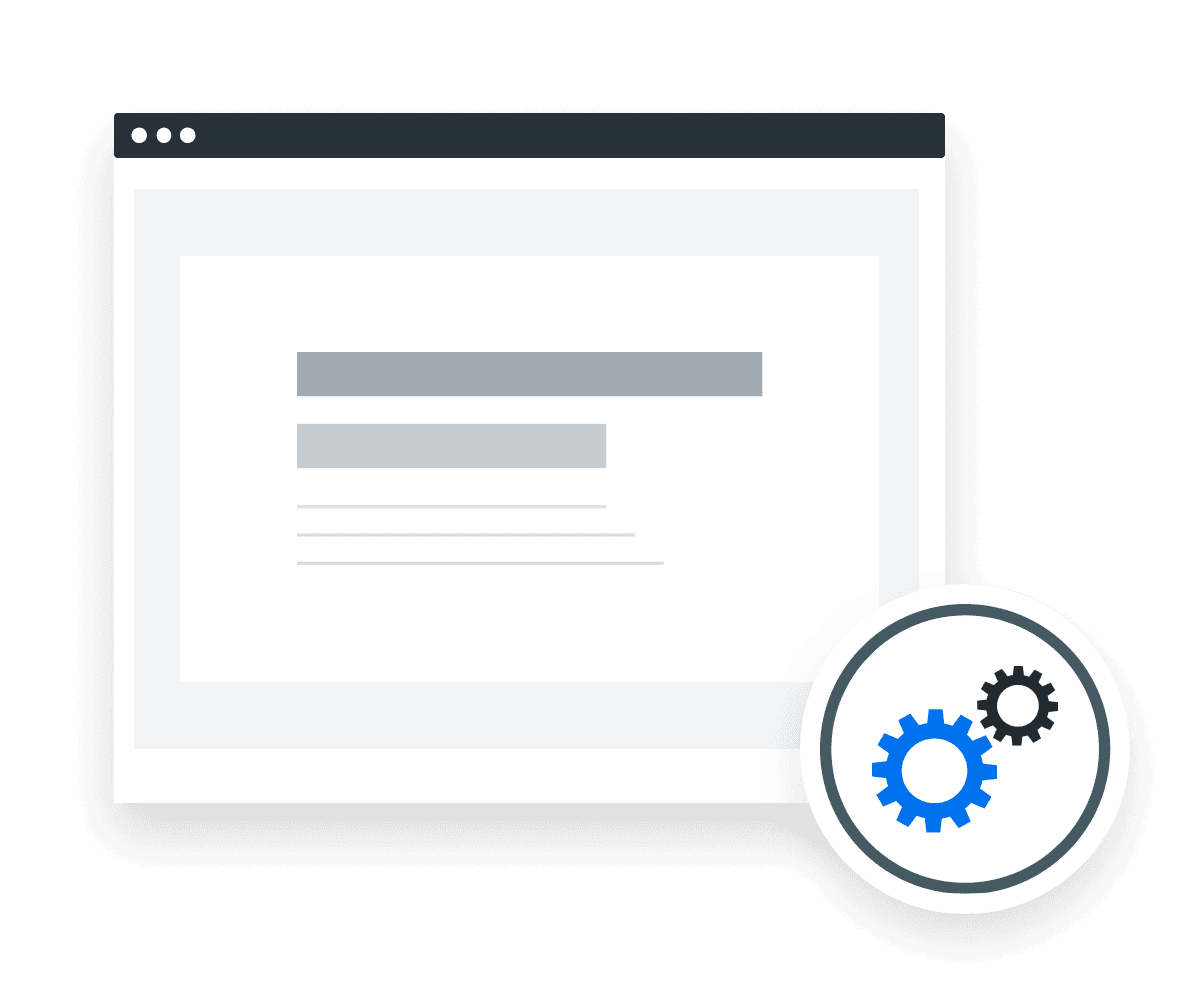
For our clients, it’s almost 100% focused on the number of calls we’re able to generate. Our clients stick with us as long as we’re able to generate leads via phone calls, so we pay close attention to that.
How To Calculate Sales Qualified Leads and Qualification Rate
Calculating Sales Qualified Leads is more nuanced than simple arithmetic; it's about applying specific criteria that define what makes a lead "sales-qualified." Generally, these criteria are set by marketing and sales leaders and may include factors like specific buyer behaviors, engagement levels, or completion of particular actions such as downloading a whitepaper.
The Sales Qualified Lead Rate offers an even clearer picture. This rate measures the efficiency of turning initial leads into SQLs.
Sales Qualified Lead Rate Formula
What Is a Good Sales Qualification Rate?
A good average qualification rate typically falls between 13% to 25%. In this range, a marketing team effectively qualifies leads, ensuring that the sales team spends their time with leads with a good chance of converting into customers.
What Is a Bad Sales Qualification Rate?
A rate below 10% needs attention. It suggests the sales funnel might be clogged with leads that need more time to be ready for the Sales Qualified Lead stage, demanding reevaluation of how leads are generated or qualified.
How To Set SQL Benchmarks and Goals
When lacking established benchmarks, agencies rely on historical data to set their baselines. Marketers can create an internal model that aligns with their specific sales strategy by analyzing past rates and tying them to successful sales outcomes.
Another common approach is determining the target number of SQLs required to meet revenue goals. To do so, divide the desired revenue by the average order value. Then, adjust this number based on the SQL-to-sale conversion rates. It's a vital number to guide marketing and sales teams in their lead generation and sales strategies.
Going beyond surface-level metrics offers more nuanced insights. Sales professionals should consider variables like the length of the buying journey or which products or services have higher SQL rates. Monitoring these sub-metrics will reveal opportunities to tweak campaigns to increase Sales Qualified Leads.

Why SQLs Matter to Clients
Clients see Sales Qualified Leads as the line separating window shoppers from potential buyers. For them, SQL isn't just a term; it's a sign that their investment in marketing is starting to pay off.
When focusing on SQLs, the sales department now deals with leads with a high probability of converting into paying customers. Not only does this give a quantitative edge to understanding customer pain points, but it also serves as a critical variable in forecasting sales. Ultimately, SQLs represent a more efficient resource allocation, allowing sales reps to focus on leads genuinely interested in making a purchase decision.
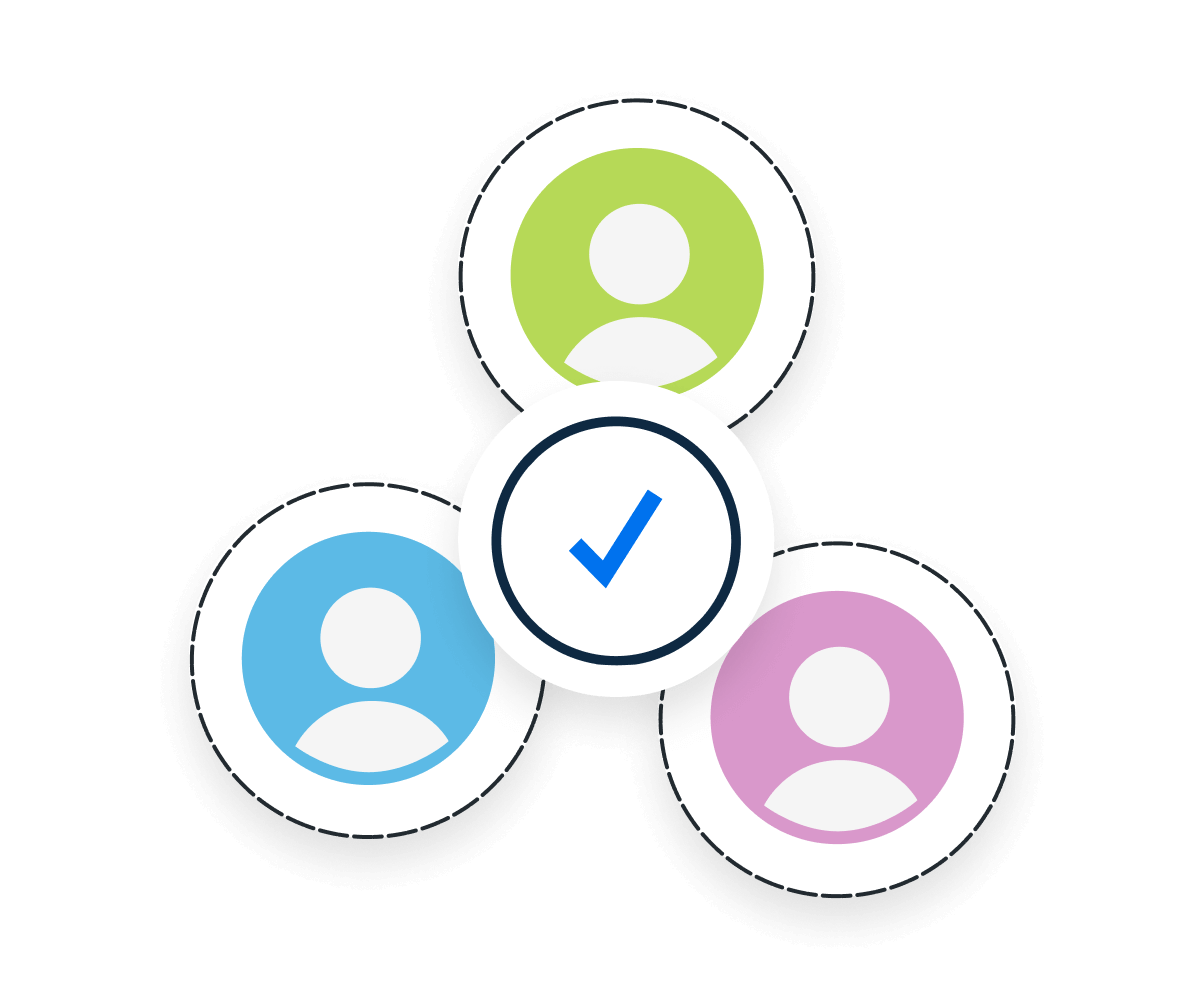
Why SQLs Matter to Agencies
From an agency standpoint, a high SQL count proves to clients that the marketing department isn't just generating traffic; it's bringing in quality leads that are easier for sales reps to convert.
This helps client retention and gives the agency insights into what works best in lead magnets and sales funnels. Better leads equate to happier clients, a win-win for everyone involved.

Streamlining the Progression From Marketing Qualified to Sales Qualified
Effective conversion of Marketing Qualified Leads to Sales Qualified Leads requires a robust scoring system. This system should assess leads on their engagement and readiness for the sales process.
Sales teams need to focus on leads with the highest potential for conversion, evaluating their interactions and readiness indicators. This approach ensures that resources are directed towards leads most likely to progress, streamlining the sales funnel and enhancing overall efficiency in generating sales qualified leads.
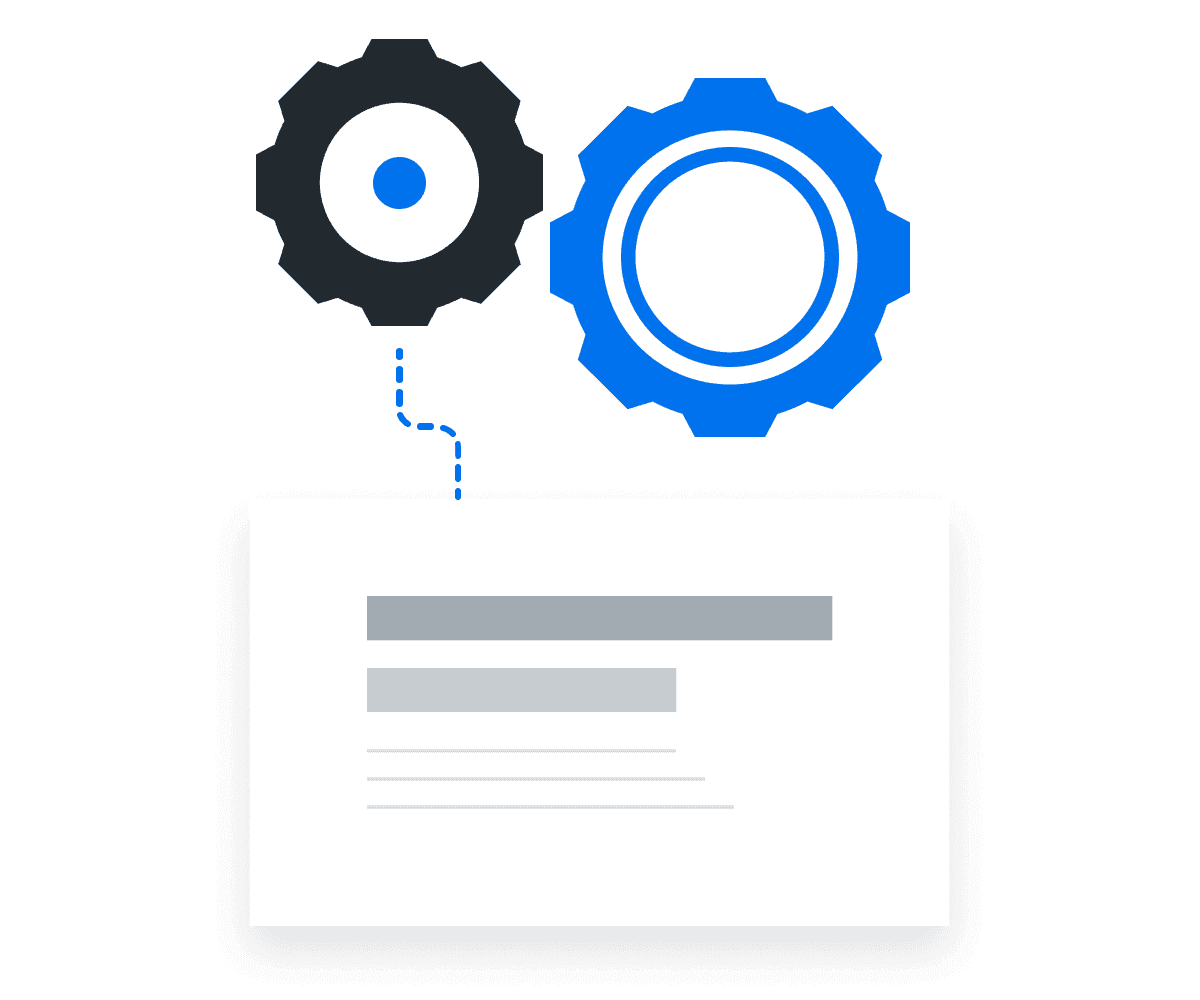
Turn Data Chaos into Client Success Stories with AgencyAnalytics.
Best Practices When Analyzing and Reporting on Sales Qualified Leads
Analyzing SQLs guides marketing and sales teams in optimizing campaigns and the sales process. It's not just valuable; it's imperative for identifying high-value leads. When it comes to SQL reporting, the devil's in the details. Let's look at some high-impact practices for conveying the value of SQLs to clients.
Analyze SQLs Over Time
Monitoring SQLs over specific periods isolates seasonal trends or industry changes, allowing for proactive strategy adjustments. It's crucial to anticipate when potential customers will enter the lead pipeline.
Provide Channel-Level SQL Insights
Assessing SQLs by channel identifies the most effective platforms. Resource allocation becomes data-driven, and campaigns become more targeted.
Measure SQLs by Campaign
Quantifying SQLs per campaign refines lead scoring and lets the sales team focus on the most promising leads. For example, higher sales accepted leads often correlate with specific campaigns.
Put SQLs in Context
Understanding Sales Qualified Leads in isolation is misleading. It's an important aspect to position SQLs alongside other key performance indicators. Doing this gives a holistic view of where a potential customer lies in the sales funnel. For example, if SQLs don't translate into closed deals, it might point to an issue in lead scoring or sales. This context qualifies leads more efficiently and saves the sales team valuable time.
Visualize SQL Performance
A picture is worth a thousand words, especially when conveying complex data. Visual aids like graphs and heat maps make identifying trends or issues in the sales process easier. Visualizing SQL data makes it more accessible to decision-makers who may not be as data-savvy. It's more than just a pretty picture; it's about making the data speak.
Align SQLs to Client Goals
Each client has unique objectives, which will vary depending on their product or service. Connecting SQLs directly to these goals is crucial. For instance, if a client's primary aim is to speed up the sales cycle, focusing on SQLs with a higher intent to purchase is a game changer. By doing this, the agency underscores how SQL metrics are not just numbers but strategies tailored to meet specific client objectives.
HubSpot Dashboard Example
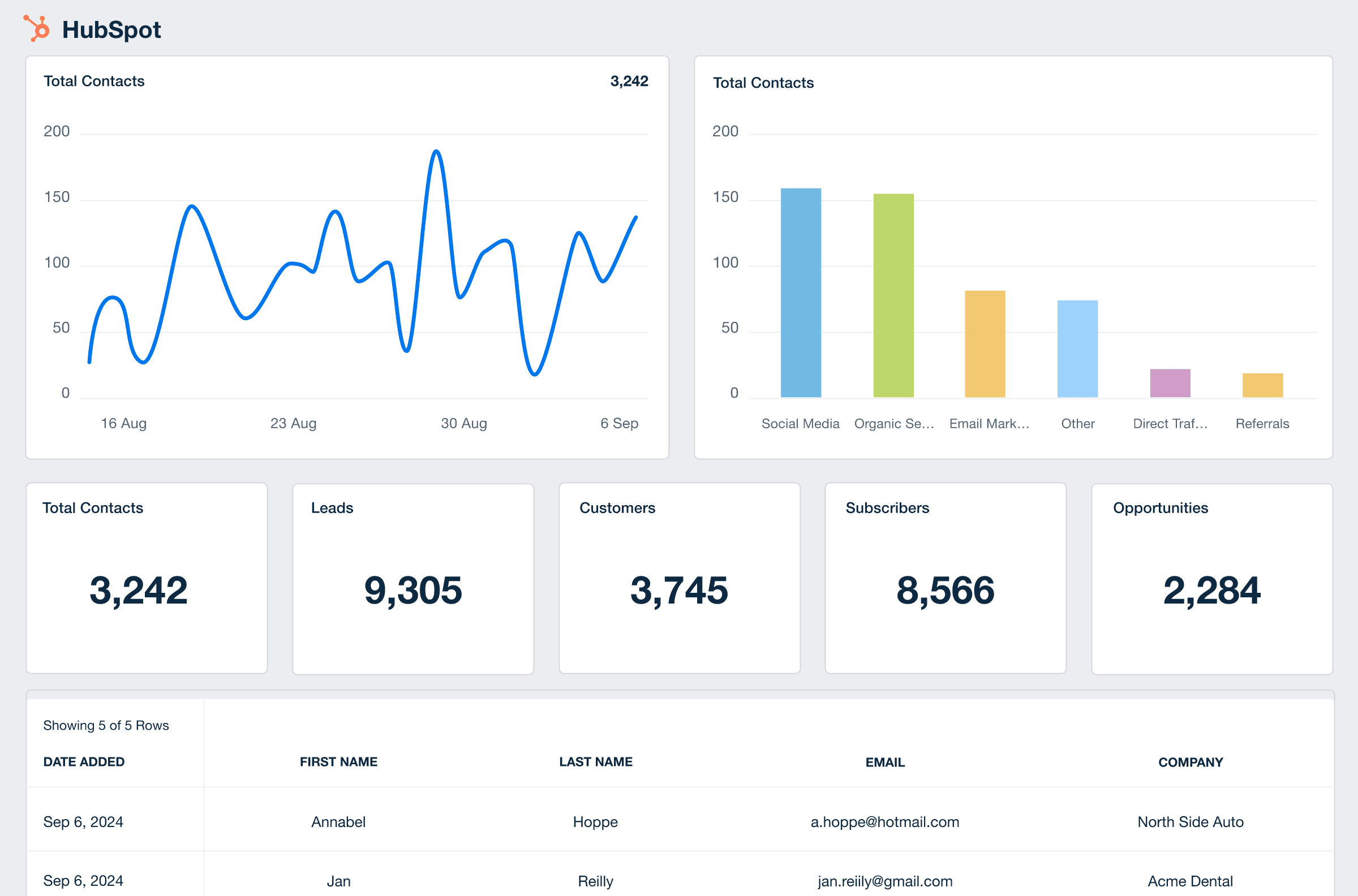
Related Integrations
How To Improve SQLs and Sales
Improving Sales Qualified Leads (SQLs) isn't just about quantity; it's about quality. Better SQLs make sales processes more efficient and drive higher conversion rates. For better sales outcomes–and happier clients–fine-tuning the SQL strategy is crucial. The following actionable tips offer clear steps to level up the SQL game.
Monitor Web Behavior
Keep an eye on website activity to identify trends or things that happen before a lead becomes an SQL. Knowing these cues helps you qualify leads more effectively.
Map the Customer Journey
Align lead-based activities to different stages of the customer journey. For instance, offering free trials or an Ultimate Guide on a subject the ideal client profile would find interesting could stir enough interest to move to a discovery call.
Engage Proactively
Don't wait for leads to reach out. Employ proactive strategies like outreach calls to people who've shown interest, thereby accelerating their journey to becoming SQLs.
Related Blog Posts
See how 7,000+ marketing agencies help clients win
Free 14-day trial. No credit card required.


